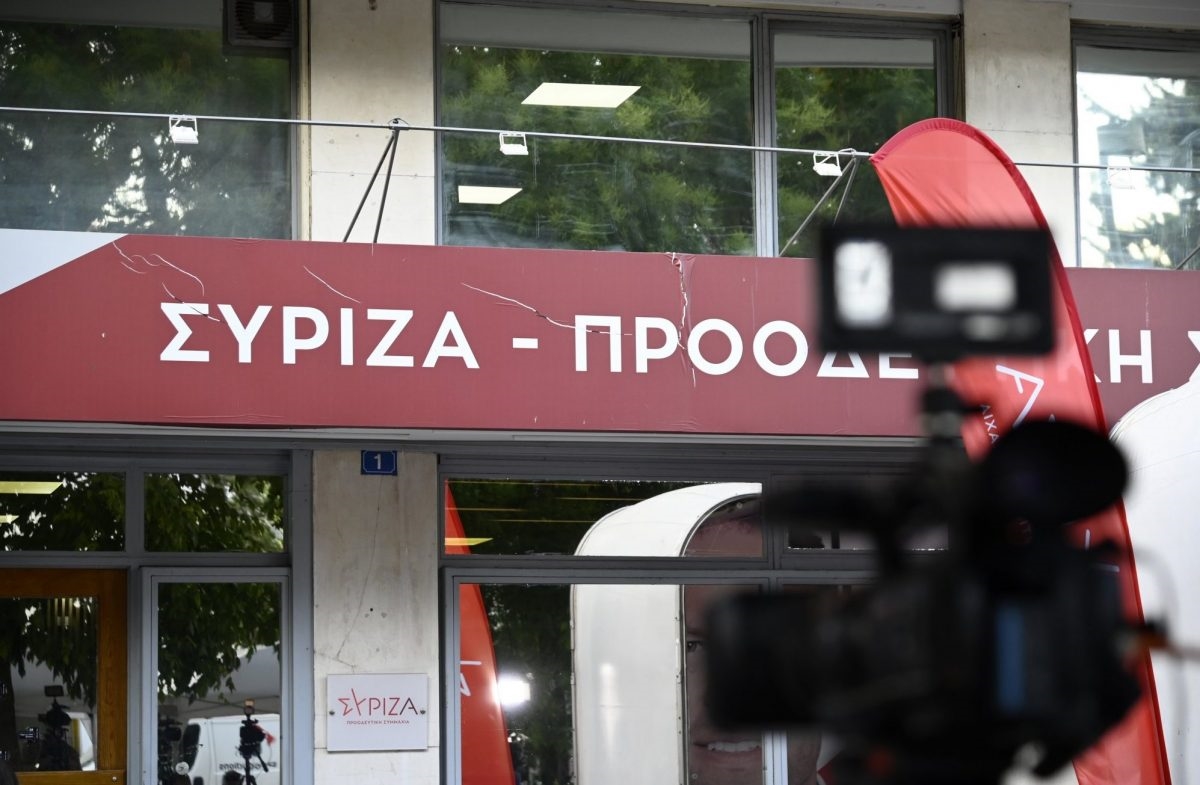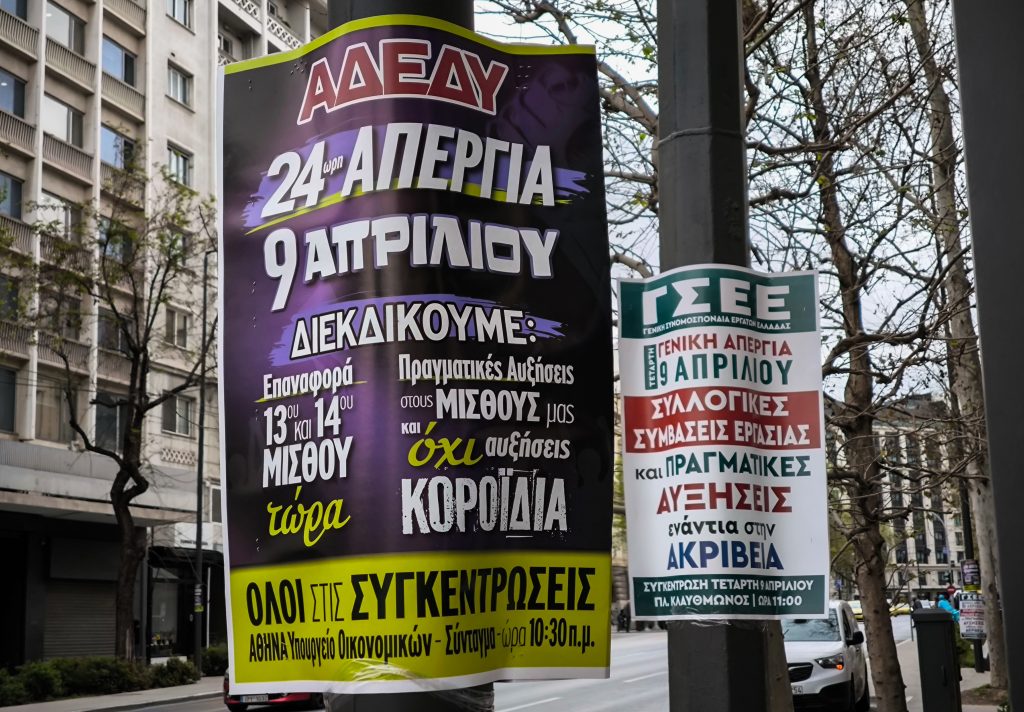Ominous signs of yet another split within the main opposition but increasingly beleaguered SYRIZA party emerged from a political secretariat meeting on Thursday, with the leftist party’s president, Stefanos Kasselakis, mostly leaving internal party criticism aimed at his leadership unanswered but still warning that another election targets him and “destabilizes the party.”
He also warned that proposing a no-confidence against him “offers nothing and harms our supporters.”
Kasselakis, an unknown newcomer to Greek politics and especially the radical leftist variety, emerged last September to overcome a number of party heavyweights and seasoned politicians and win an internal leadership election. He succeeded Alexis Tsipras at the helm of the once rabidly anti-bailout party.
That result led to several top cadres – including standing MPs and former ministers – to quit the party and form the smaller New Left party.
During Thursday’s meeting, former minister and current MP Olga Gerovassili, among others, first used a well-known domestic political cliché in order to build their case for another ballot to determine a SYRIZA president, namely, that in a democracy, there are no dead ends.
The ultimatum to Kasselakis, a former junior Golden Sachs trader and long-time US resident, is to hold an internal party election to he can validate his leadership or make way for a new president.
Outspoken former minister Pavlos Polakis, who has now switched sides and appears as Kasselakis’ rival, weighed in by saying: “I agree that in democracy, there are no dead ends. There must be a political agreement to lead us to the ballot box. If not, then there’s a coming central committee meeting, which you’re all well aware of.”
Kasselakis reportedly called on Polakis and Gerovassili to pledge that they’ll remain in the party regardless of the outcome, with both answering in the affirmative.
The inner squabbling at the leftist party has resulted in it slipping into the third spot in the polls, behind centrist PASOK, with the most recent one confirming its steady decline among Greek voters.



